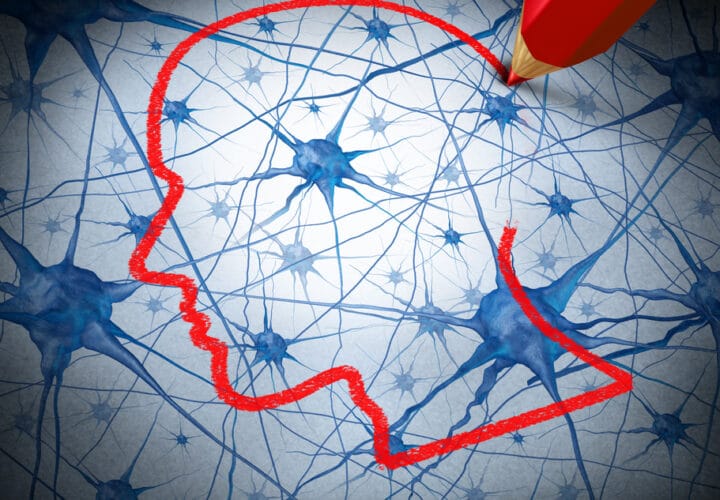Can too much coffee shrink your brain?
Bad news arrived recently for the constantly caffeinated: Researchers recently found evidence that drinking more than six cups of coffee a day could shrink a person’s brain and amp up their risk of dementia.
The observational study by researchers in Australia and the United Kingdom, published in Nutritional Neuroscience, found that consuming a half dozen or more cups of coffee daily bears some link with having smaller total brain volume, along with a 53 percent higher risk of dementia, for people in a study group of 398,646 participants aged between 37 and 73, compared to participants who drank less coffee.
Overall, the researcher team’s takeaway was that the more coffee participants consumed daily, the smaller their brain volume. Dementia risk was higher for those who drank six or more cups per day, but lowest for those who drank some coffee, but not too much: Those who drank one to two cups of caffeinated coffee each day had the lowest risk.
But wait — so much research to date shows that coffee is actually good for you.
The research follows a number of other studies which have in fact linked coffee to quite the opposite: a lower risk for Alzheimer’s. In 2009, Swedish and Danish researchers studied a group of 1,409 people for 21 years and found that people who drank three to five cups of coffee daily were 65 percent less likely to develop dementia, compared to those who drank two cups or less. Animal studies have found that caffeine correlates to lower levels of beta-amyloid plaque. Some studies imply caffeine is the magic bullet, while other studies have linked coffee’s positive effects to “phytonutrients,” found in foods and spices containing caffeic acid (like dates, prunes, olives, potatoes, cinnamon, cumin, nutmeg, ginger and more) and foods containing chlorogenic acid (some of the above, along with blueberries, apples, pears, peaches and others).
One meta-analysis even found that a few cups of coffee per day correlated to lower risk of death from many different medical causes: vascular disease, type 2 diabetes (both of which are major risk factors for dementia), liver disease, depression, Alzheimer’s, Parkinson’s, and several types of cancer.
A wealth of evidence shows correlation, but nothing to date shows causation. And the link between coffee and health — including brain health — remains a mystery, and the subject of ongoing research.
“Coffee consumption does seem to have some correlation to a decreased risk of developing Alzheimer’s disease and Parkinson’s disease,” Dr. Donald Weaver, a co-director of the Krembil Brain Institute, told Being Patient about a 2018 coffee and dementia study which identified that phenylindanes—a byproduct of the coffee roasting process—may stop the aggregation of both beta-amyloid and tau. “Phenylindanes are a dual-inhibitor,” Weaver said. “We were not expecting that.”
What can we learn from the new research?
Firstly, researchers are scratching their heads over one fundamental question: Is brain shrinkage even bad? It certainly sounds so, but the health repercussions of diminishing brain volume are nebulous.
Because this shrinkage is a natural part of aging, some research implies a correlation between this process and developing neurodegenerative diseases like Alzheimer’s, which affect one in 10 people over age 65, and one in every three people over age 85.
The study also doesn’t note whether participants who drank more coffee per day had smaller brains than their fellow study participants to begin with. And there are big questions about other lifestyle factors that may correspond to drinking six cups of coffee daily. Researchers adjusted for factors like underlying health conditions, age, sex and body-mass index. But are these super-caffeinated participants eating well otherwise compared to other study participants? What do their sleep habits — sleep being a mysterious but notable factor in dementia risk — look like compared to other participants?
The study also didn’t look at other caffeine sources, like energy drinks or tea. At the end of the day, there is one takeaway to be confident in: Everything in moderation — coffee included.





sorry- not a good report. Every researcher can find something positive or negative about everything